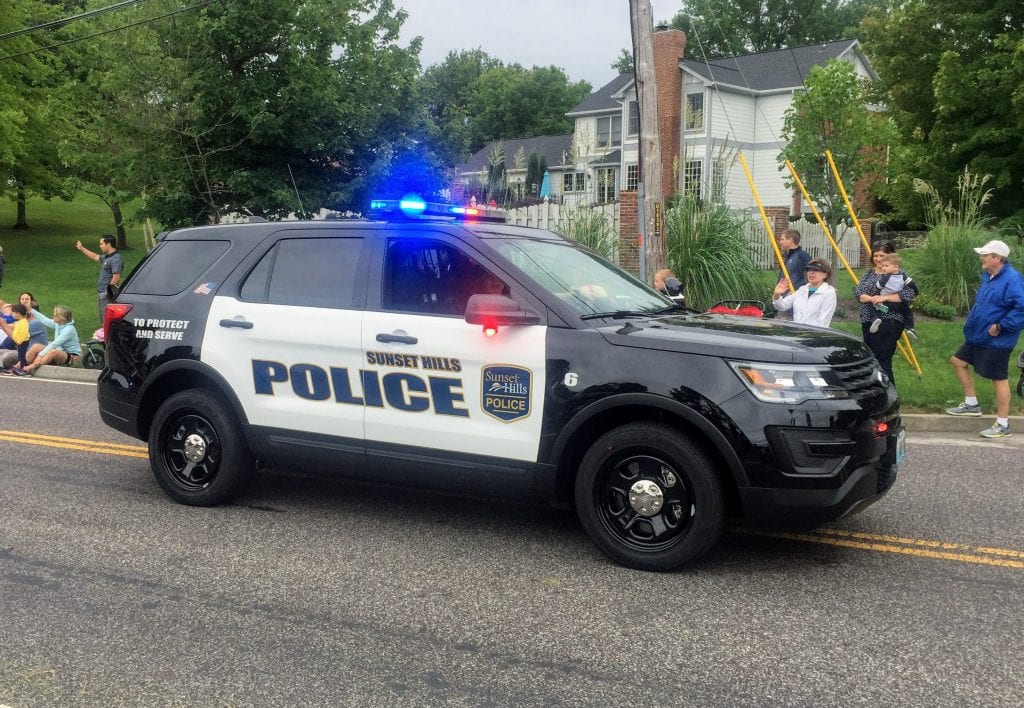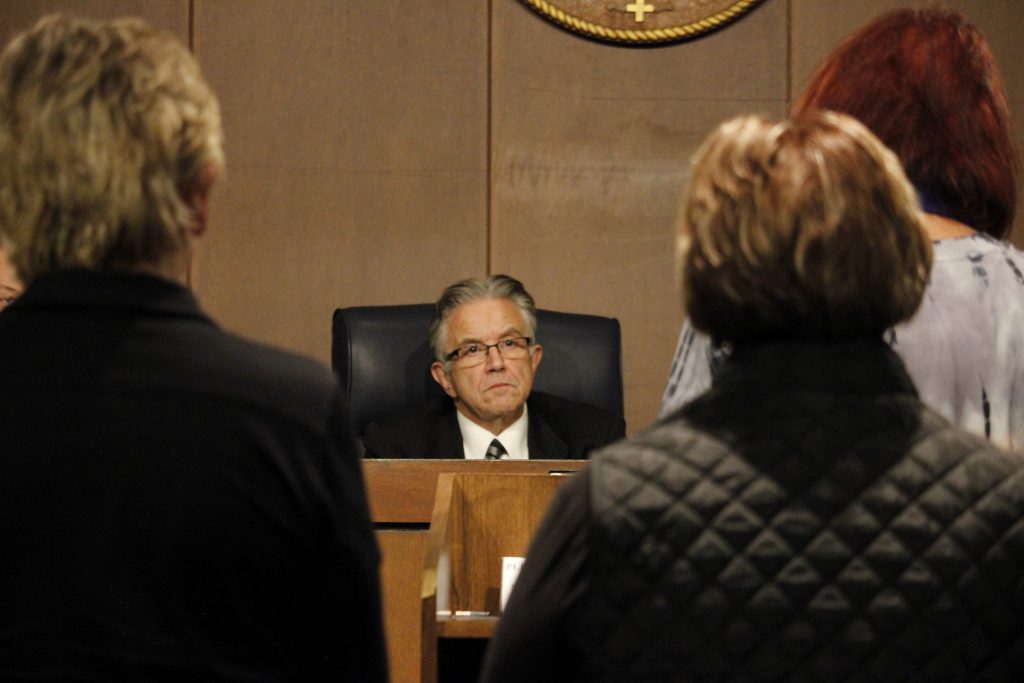Minimum police standards are one step closer to being enshrined in the St. Louis County Charter after the county Charter Commission voted last week to advance the county’s first police requirements.
The commission voted to move forward with drafting a proposal that would add minimum police standards to the county Charter 7-1-1, with one abstention, at the commission’s Dec. 5 meeting.
The minimum standards, presented by Commissioner Reggie Jones, mayor of Dellwood, would require all county and municipal police departments operating in St. Louis County to have certain minimum policies for policing practices.
The Charter currently has minimum standards for fire departments, but not police departments.
The policies would include, but not be limited to, use of force, pursuit, citizens’ complaints, internal affairs and community and equitable policing.
The policies would have to meet a standard set by an independent accrediting agency, such as the Commission on Accreditation for Law Enforcement Agencies, or CALEA.
The proposal also outlines a Police Standard Commission, which would be separate from the county Police Department’s existing Board of Police Commissioners. The new commission would review each police department’s progress annually and make necessary recommendations. The commission would be appointed by the county executive and approved by the County Council and would include the county executive, the county prosecutor, the county chief or their designees; and two municipal police chiefs and two mayors from the county.
Commissioner Chris Grahn-Howard agreed that leaving the accrediting agency unspecified was the proper move.
“I agree with the vague language there because 10 years down the road we don’t know if CALEA is still going to be around,” said Howard. “And, if we picked CALEA, which is maybe the best but arguably the most expensive, that becomes an unfunded mandate. I think allowing them (police departments) to choose an accrediting agency is appropriate.”
The Charter Commission has been meeting since February and first began discussing the idea of minimum police standards in April, when the commission’s Local Governance work group, facilitated by Jones, said that it would be interested in exploring the idea.
Police chiefs and officers from departments across St. Louis County, including North County Police Cooperative Chief John Buchannan and Maj. Ron White, told the commission in June that many departments in the county already adhered to CALEA standards, so more standards in law were unnecessary.
The county passed legislation in 2016, when Steve Stenger was county executive, to require minimum standards. But the new law was shot down by the courts as unconstitutional, after cities argued that the county didn’t have jurisdiction over city police departments.
In the 7-1 vote for the new standards Dec. 5, commission Chairman Gene McNary and commissioners Bob Grant, Andrea Jackson-Jennings, Sarah Crosley, Jones, Colleen Wasinger and Grahn-Howard voted in favor of the proposal, while Maxine Schumacher voted against. Former Rep. Courtney Allen Curtis abstained.
Absent from the meeting at the time of the vote were Commissioners Tony Weaver, Greg Quinn, Bill Spieler, Nathaniel Griffin and Jim Layton.
The proposal will be sent to the county counselor’s office to draft into ballot-ready language, before being sent back to the commission for a final vote to be placed on the ballot. For a measure to be placed on the ballot, it must earn nine out of 14 votes.
The commission, which has until Dec. 31 to finish its yearlong task of recommending changes to the Charter, holds its last meeting Dec. 18. Approved items will go on the ballot in either April or November for final approval by county voters.
































